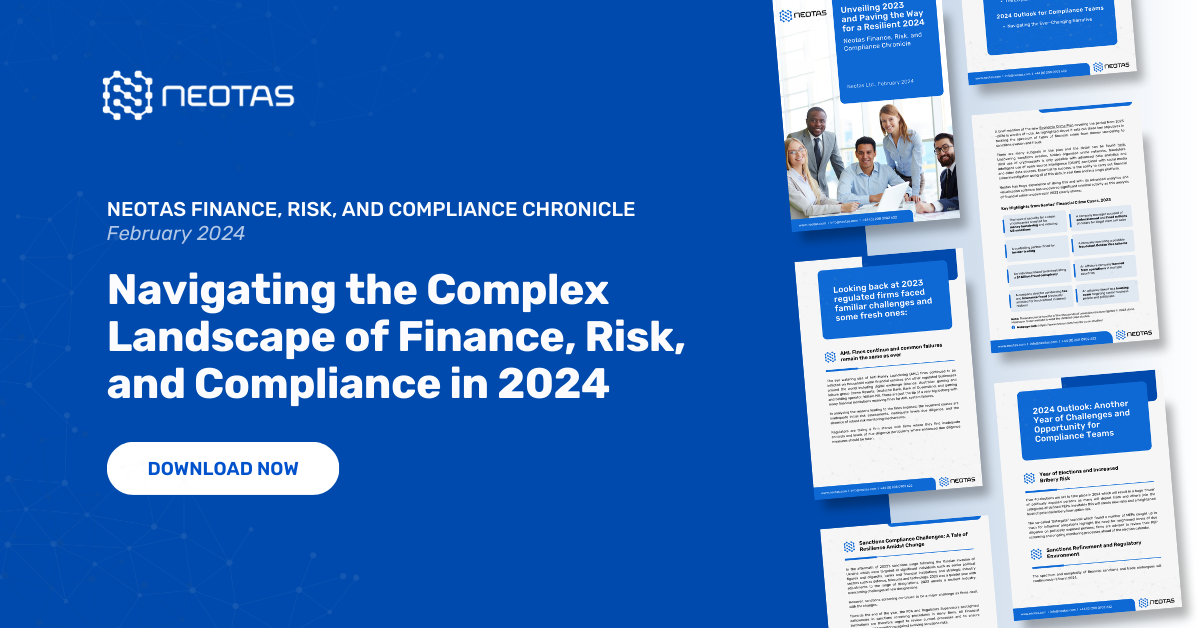Passport programme in the Pacific faces criticism
The citizenship programme in Vanuatu was launched in 2016 and since then, it has raised more than $200 million in government revenue. 1,800 passports were handed out in 2018 alone and the scheme generated a THIRD of government revenues last year. But what has the fallout been?
Concerns have been raised over inadequate due diligence measures and lack of screening of applicants, which could ultimately undermine visa-free access Vanuatu enjoys with the EU. Under Vanuatu’s scheme, successful applicants can become citizens within a matter of months, and there’s no requirement to reside in the country or even to set foot on Vanuatu soil at all.
The job of screening an applicant’s criminal and financial backgrounds is performed by the Government’s Financial Intelligence Unit. In this week’s story published in the FT, Vanuatu’s minister for foreign affairs commented:
We are getting some negative implications as a result of the lack of due diligence on applicants to get citizenships, which is affecting our bilateral relations with other countries”.
The review of the programme comes amid wider worries in the west over Chinese influence in the Pacific.
Spotlight was also previously placed on Vanuatu when six Chinese nationals were arrested and deported back to China at the request of Beijing law enforcement officials. The group was allegedly running an online financial scam targeting people back in China. Of the group, four had successfully applied for Vanuatu citizenship and obtained passports.
Earlier this year, Vanuatu’s founding president Sokomanu commented:
“We achieved our name and now put it on sale and people are coming in and we don’t know [who] we’re inviting”.
The passport granted through the Vanuatu scheme provides visa-free access to 129 countries, including the EU. This more cautious sentiment is not limited to Vanuatu nor will it be the only passport scheme under increasing scrutiny. The Balearics for instance want an end to the ‘Golden Visa’ scheme, citing that some of the money may have a ‘dubious origin’.
With the world’s heads increasingly turned towards passport and visa schemes, we would argue that there is a huge risk of not knowing who the applicants really are or where their money really comes from. Due diligence measures that delve deeper (into the applicants’ source of funds and networks for instance) on a case by case basis are going to help government officials make informed decisions. In the case of Vanuatu, it may all be too little too late.



 Financial Crime Compliance Trends 2024
Financial Crime Compliance Trends 2024












